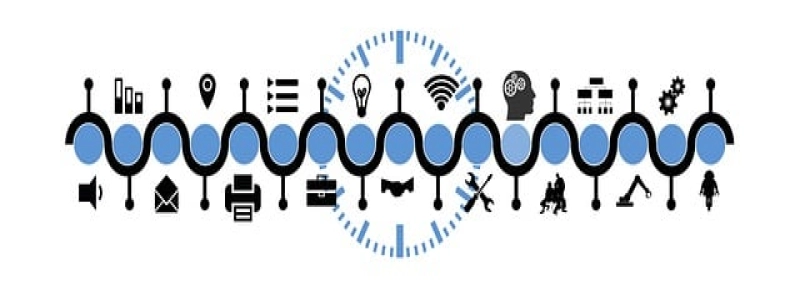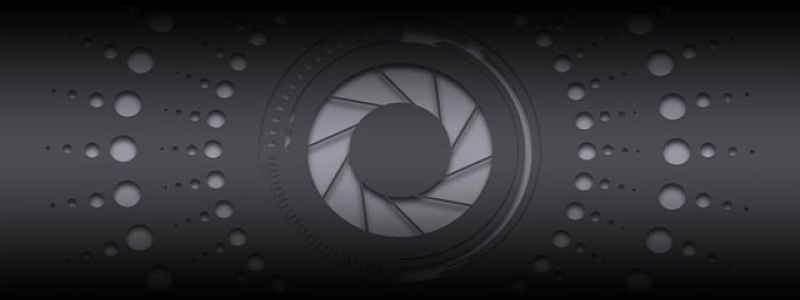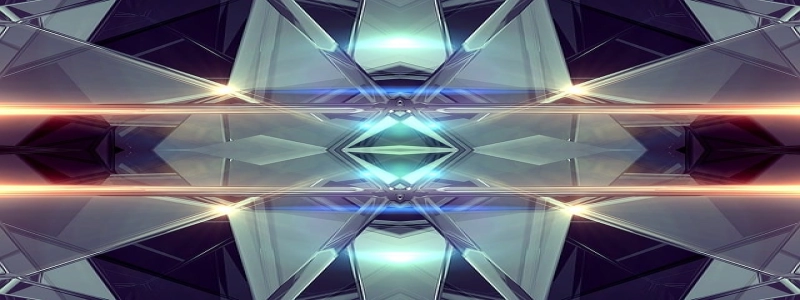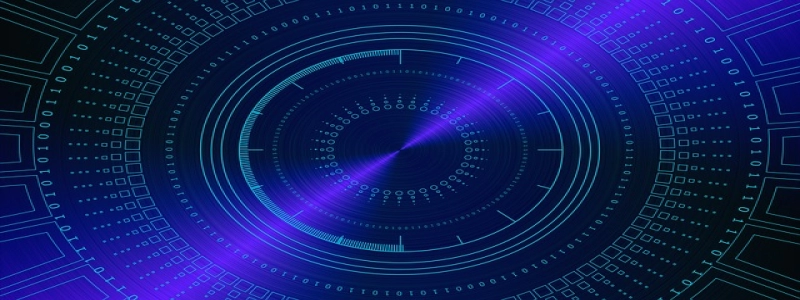Types of DC Power Connectors
I. Introduction
A. Definition of DC Power Connectors
B. Importance of DC Power Connectors
II. Barrel Connectors
A. Description and Function
B. Common Uses
C. Advantages and Disadvantages
III. Micro USB Connectors
A. Description and Function
B. Common Uses
C. Advantages and Disadvantages
IV. USB-C Connectors
A. Description and Function
B. Common Uses
C. Advantages and Disadvantages
V. Powerpole Connectors
A. Description and Function
B. Common Uses
C. Advantages and Disadvantages
VI. Conclusion
A. Overview of the different types of DC power connectors
B. Importance of choosing the right connector for specific applications
I. Introduction
DC power connectors are essential components for connecting devices to a power source. They provide a secure and reliable connection, ensuring a stable flow of direct current (DC) electrical energy. Understanding the different types of DC power connectors is important to ensure compatibility and proper operation of electronic devices.
II. Barrel Connectors
A. Description and Function:
Barrel connectors, also known as coaxial power connectors, consist of a cylindrical male plug and a corresponding female jack. They are widely used in low-voltage applications and are known for their simplicity and durability.
B. Common Uses:
Barrel connectors are commonly used in audio and video equipment, routers, external hard drives, and power supplies for electronic devices.
C. Advantages and Disadvantages:
The advantages of barrel connectors include ease of use, wide availability, and low cost. However, they can be prone to accidental disconnection and may not be suitable for high-power applications.
III. Micro USB Connectors
A. Description and Function:
Micro USB connectors are smaller versions of the traditional USB connectors. They feature a trapezoidal shape and come in both male and female versions. These connectors are specifically designed for data transfer and charging of portable electronic devices.
B. Common Uses:
Micro USB connectors are commonly used in smartphones, tablets, digital cameras, and other portable devices.
C. Advantages and Disadvantages:
The advantages of micro USB connectors include their small size, widespread compatibility, and ability to support higher data transfer rates. However, they are not designed for high-power applications and can be less durable than other types of connectors.
IV. USB-C Connectors
A. Description and Function:
USB-C connectors, also known as USB Type-C connectors, are the latest standard for USB connections. They feature a reversible design, allowing for easier and more convenient plug orientation. USB-C connectors support both power and data transfer.
B. Common Uses:
USB-C connectors are becoming increasingly popular and are used in many modern devices, including laptops, tablets, smartphones, and external hard drives.
C. Advantages and Disadvantages:
The advantages of USB-C connectors include versatility, faster data transfer speeds, and the ability to deliver higher power levels. However, they may not be compatible with older devices without appropriate adapters, and their widespread adoption is still ongoing.
V. Powerpole Connectors
A. Description and Function:
Powerpole connectors are typically used in high-current applications. They consist of genderless connectors that can be easily joined together. These connectors provide a secure connection and are commonly used in amateur radio, automotive, and marine applications.
B. Common Uses:
Powerpole connectors are commonly used in power distribution panels, automotive battery connections, and renewable energy systems.
C. Advantages and Disadvantages:
The advantages of powerpole connectors include high-current capability, ease of assembly, and solid connection. However, they may not be as widely available as other types of connectors and require specialized tools for crimping.
VI. Conclusion
In conclusion, understanding the different types of DC power connectors is crucial for ensuring compatibility and efficient power supply to electronic devices. Barrel connectors, micro USB connectors, USB-C connectors, and powerpole connectors all serve unique purposes in various applications. By choosing the right connector for specific needs, users can ensure a stable and reliable power connection.








